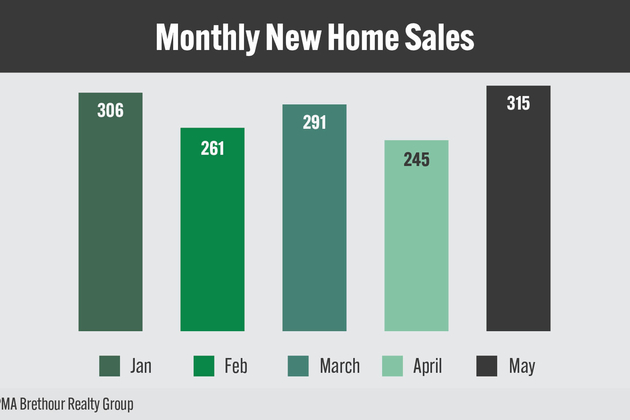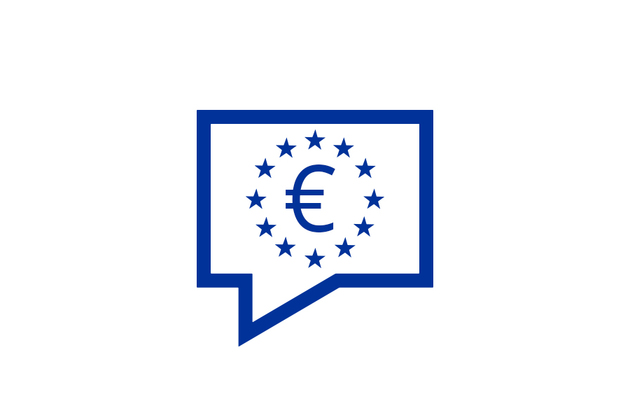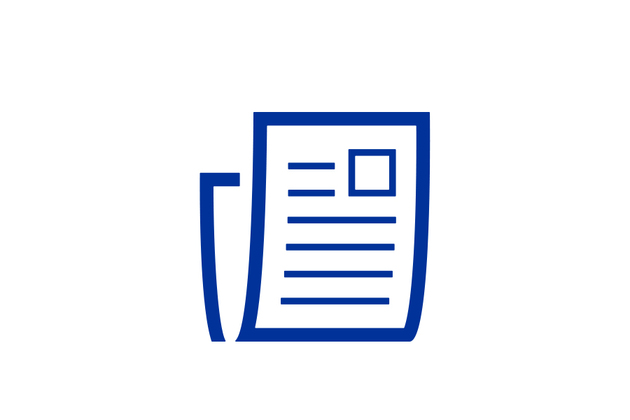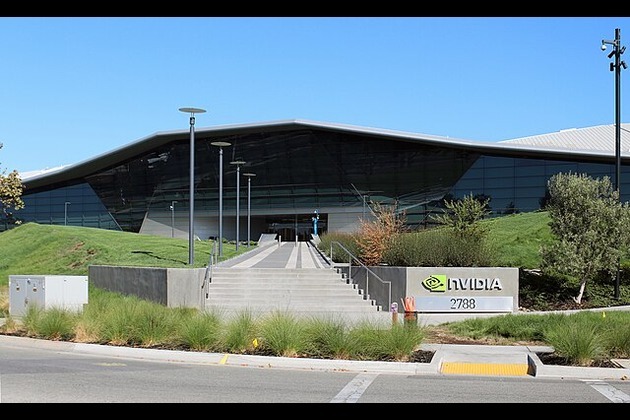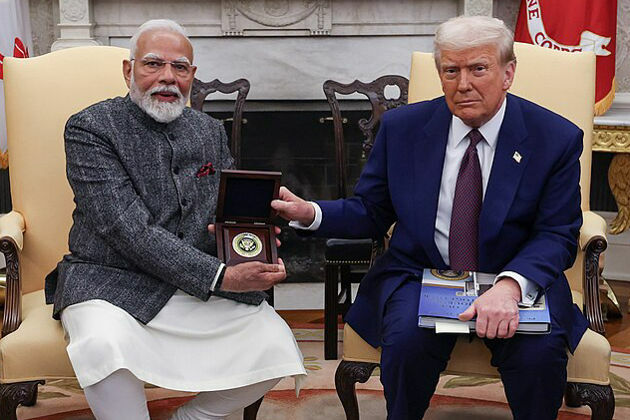5 Cybersecurity Best Practices When Making Payments Online
7Newswire
30 Apr 2021, 15:32 GMT+10
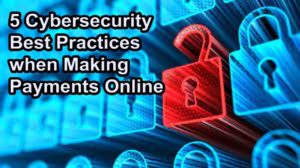
Introduction
The 2000s and 2010s saw online payments increase, while purchases made with cash have been steadily decreasing. And COVID-19 has only encouraged this shift even more. Being stuck in their homes throughout the past year, people have had no choice but to shift to online purchases and payments.
With this shift to online payments comes cybersecurity issues that many may not even be aware of. Cybercriminals know people have been left with no choice but to shop online. And they know that shopping online means people are saving credit card information online, shopping on public networks, and potentially falling for scams.
Proper cybersecurity is important when shopping online. Today, let's go over a few ways you can stay secure while making online payments.
5 Tips to Make Safe Payments Online
1. Use an Encrypted Network
It's easy to shop online; you can do it from anywhere! They can put in their card information, place a few orders--maybe even share their phone number--and everything will be fine. However, it's not recommended that you actually go and shop online wherever. Many people make the mistake that they can connect to a public network and do some online shopping without any repercussions.
This is not true.
Because shopping online often requires you to enter sensitive information, making online payments via a public network (or any unencrypted network) puts your data at risk of being stolen by cybercriminals. There is one solution, however, that will allow you to shop from anywhere without risk: A Virtual Private Network (VPN).
By using a VPN, you can encrypt your data and activity on any network. What does this mean for you? Well, with your data encrypted, cybercriminals will be unable to steal your data while you make online transactions.
2. Look Out for Phishing Scams
Online, anyone can be anything. If someone wanted to pretend they are Amazon, send thousands of emails to thousands of people, and trick said people into giving out their financial information, it would be hard to hold them accountable.
Unfortunately, this happens every day. Phishing scams, scams designed to manipulate victims into giving away sensitive information, are commonplace. Check your spam folder, and you'll probably see hundreds of phishing scams.
Many people fall for phishing scams every year, resulting in identity theft, drained bank accounts, and ruined financial situations.
Before making any online payment, make sure you're dealing with the real deal. For example, make sure you're on Amazon's actual website and not a scam site designed to mimic Amazon. Also, don't follow any link in an email if it's from someone you don't recognize.
3. Never Use Your Debit Card
Historically, banks are much slower and less receptive than credit card companies when it comes to acts of fraud. This is because credit card companies follow a different set of laws that are stricter (read: more consumer-friendly) than the ones banks follow when it comes to fraud.
In short, the victim is never held liable for fraudulent purchases. Ever. This is why it's recommended that you use a credit card for all online purchases, so if a cybercriminal ever gets their hand on your card information, you can quickly raise a fraud alert and get your money back. With a bank, the fraud process will probably be much longer and stressful.
4. Protect Your Accounts With Strong Passwords
Your accounts hold tons of personal and sensitive information that, if cybercriminals got their hands on, would hurt you financially. And if you're not using strong, unique passwords for your accounts, then it will be incredibly easy for said cybercriminals to hack your account.
If you care for the security of your accounts, then make sure that you're using strong, unique passwords for all of them. Your accounts hold your card information, your addresses, your order history, and more. Don't let them fall into the hands of a cybercriminal.
5. Never Use Someone Else's Device to Make Payments
Using another person's device-whether it's a public device or your friend's-is always a bad idea when it comes to making payments online. Why? See, there's no telling what data that device saves after your session. It's always possible that you accidentally stay logged into your accounts, or some of your payment information is saved on the browser used.
Always avoid using someone else's device(s) when making payments. Even if you need to make a payment and can't use your phone or computer because they're dead, don't. It's never worth the risk of your data being stored on someone else's device!
Conclusion
In a day and age where everything is becoming connected via technology, it's important users do their best to protect their data. And this goes double for those who frequently shop online. Whether it's refreshing your account's passwords or encrypting networks you use to shop, practicing proper cybersecurity is vital to your safety.
 Share
Share
 Tweet
Tweet
 Share
Share
 Flip
Flip
 Email
Email
Watch latest videos
Subscribe and Follow
Get a daily dose of London Mercury news through our daily email, its complimentary and keeps you fully up to date with world and business news as well.
News RELEASES
Publish news of your business, community or sports group, personnel appointments, major event and more by submitting a news release to London Mercury.
More InformationUK Editorials
SectionSA Police Commissioner Grant Stevens opens up about 1991 firearm incident
SA Police Commissioner Grant Stevens opens up about 1991 firearm incident
Iran Stands Firm on Uranium Enrichment, Deputy FM Confirms to NBC News - Islamic Invitation Turkey
Iran Stands Firm on Uranium Enrichment, Deputy FM Confirms to NBC News - Islamic Invitation Turkey
Ottawa new home sales rebound in May, still lag 2024 figures
Ottawa new home sales rebound in May, still lag 2024 figures
Strengthening economies in a stormy and fragmenting world
Strengthening economies in a stormy and fragmenting world
ECB commits to distributed ledger technology settlement plans with dual-track strategy
ECB commits to distributed ledger technology settlement plans with dual-track strategy
Business
SectionEngine defect prompts Nissan to recall over 443,000 vehicles
FRANKLIN, Tennessee: Hundreds of thousands of Nissan and Infiniti vehicles are being recalled across the United States due to a potential...
Microsoft trims jobs to manage soaring AI infrastructure costs
REDMOND, Washington: Microsoft is the latest tech giant to announce significant job cuts, as the financial strain of building next-generation...
Stocks worldwide struggle to make ground Friday with Wall Street closed
LONDON UK - U.S. stock markets were closed on Friday for Independence Day. Global Forex Markets Wrap Up Friday with Greeback Comeback...
Nvidia briefly tops Apple’s record in AI-fueled stock rally
SANTA CLARA, California: Nvidia came within a whisker of making financial history on July 3, briefly surpassing Apple's all-time market...
ICE raids leave crops rotting in California, farmers fear collapse
SACRAMENTO, California: California's multibillion-dollar farms are facing a growing crisis—not from drought or pests, but from a sudden...
Trump signals progress on India Trade, criticizes Japan stance
WASHINGTON, D.C.: President Donald Trump says the United States could soon reach a trade deal with India. He believes this deal would...



